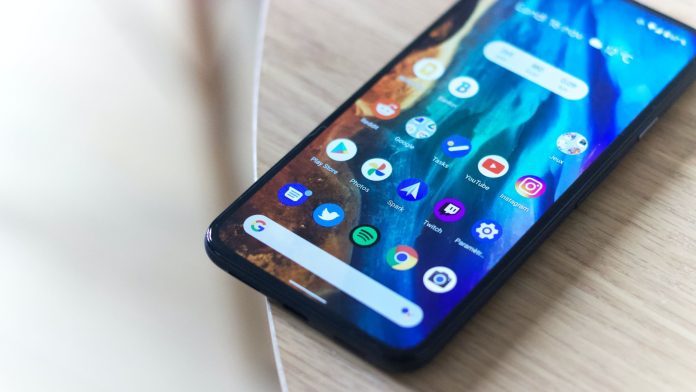
Android smartphones have become an essential part of our lives, offering a multitude of apps to make our daily tasks simpler and more enjoyable. However, to get the most out of these apps, it's crucial to keep them updated. In this article, you will learn how to update apps on Android and understand why this process is so important.
Why Update Applications?
Before we dive into the specific steps for updating apps on Android devices, it's critical to understand why updates play a crucial role. So, here are some reasons why you should ensure your apps are always up to date:
1. Bug Fixes and Security Issues
Developers release updates to fix errors and bugs that may affect application performance or stability. Additionally, updates also resolve security issues, protecting your device from potential threats.
2. New Features and Improvements
Updates often introduce new features, improve performance, and provide an overall more satisfying experience. Therefore, you might be missing out on amazing features if you don't make regular updates to your apps.
3. Compatibility
As Android evolves, apps need to be updated to ensure they continue to run smoothly on newer versions of the operating system. Therefore, failure to update may result in incompatibilities.
4. User Interface Improvements
Furthermore, updates have the potential to bring significant improvements to the user interface, thus making applications easier and more enjoyable to use.
How to Update Applications on Android
Now that you understand the importance of app updates, let's explore the different ways you can update your apps on Android. To achieve this, there are several approaches available:
1. Automatic Update
Android gives you the option to automatically update all apps. Let's see how to do this:
- Open the Google Play Store on your Android device.
- Tap the three horizontal lines icon in the top left corner to open the menu.
- Scroll down and select settings.
- Tap Automatically update apps.
- Choose between the options “Always auto-update”, “Auto-update via Wi-Fi only” or “Do not auto-update”.
The “Always auto-update” option will ensure that all your apps are automatically updated whenever a new version is available. The “Auto-update via Wi-Fi only” option will save your mobile data by allowing automatic updates only when you are connected to a Wi-Fi network.
2. Manual Update
If you prefer to individually control app updates, follow these steps:
- Open the Google Play Store.
- Tap the three horizontal lines icon in the top left corner to open the menu.
- Select My apps and games. Here, you will see a list of all the apps installed on your device that have pending updates.
- Tap To update next to the apps you want to update.
You can also tap Update all at the top of the list to update all apps with pending updates at once.
3. Update Notifications
Additionally, Android will also send you notifications when updates are available. So, just swipe down the notification bar and tap the update notification to access the updates page on the Google Play Store. From that point, you can select the apps you want to update.
4. WiFi Update
If you're concerned about using mobile data to update apps, you can set your device to only update apps when connected to Wi-Fi. This can be done in the Google Play Store settings, as mentioned previously.
Tips for Keeping Your Apps Updated
Here are some additional tips to ensure your apps stay up to date and running smoothly:
1. Check Regularly
Don't wait for update notifications. Check the Google Play Store regularly for any pending updates. Sometimes notifications may be delayed or not appear at all.
2. Update All Applications
Even if you don't use an app often, it's a good practice to keep all of your apps up to date. This helps keep your device safe and running smoothly.
3. Update the Operating System
In addition to updating apps, it is equally important to keep your Android operating system up to date. System updates often include security fixes and performance improvements.
4. Back Up Important Data
In rare cases, updates may cause problems. Therefore, it is a good idea to back up your important data before updating apps or the operating system.
Keeping your apps updated on Android is critical to ensuring effective performance, security, and access to the latest features. Fortunately, the process is simple and can be customized to your preferences. Be sure to check regularly for updates and make the most of your Android apps by keeping them up to date. This way, you'll have the best possible experience with your Android device and your favorite apps.
